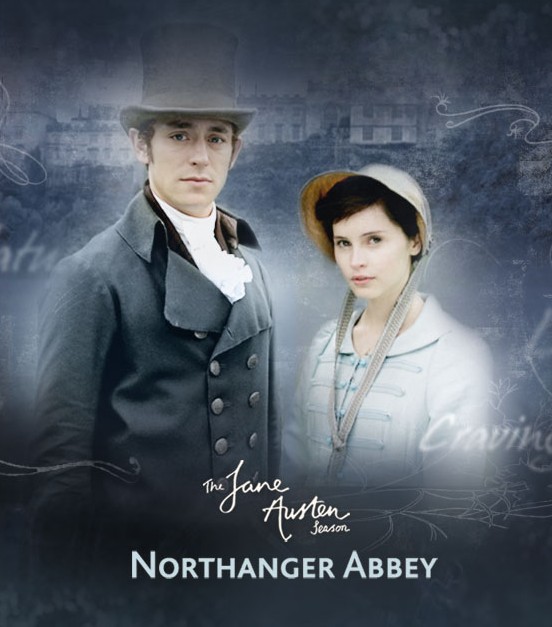
For a student who had spent her life hiding out in literature (see yesterday’s post), Jane Austen’s Northanger Abbey struck a chord. Although it’s the most lightweight of Austen’s six great novels, Mary learned a lot about herself when she studied it.
Northanger Abbey is a coming-of-age novel about young Catherine Morland. In a visit to Bath, she discovers the gothic novels of Ann Radcliffe (the Anne Rice of her day), and she and her best friend spend every day comparing their reading experiences.
The seemingly innocent pleasures, however, have some consequences. Catherine begins to confuse gothics with reality, especially when she visits Northanger Abbey. She begins to suspect that General Tilney has done away with his wife and is mortified when Tilney, the man she is in love with, chastises her for the notion.
I’ve written in a previous post how Catherine is not entirely wrong in her suspicions of the general. Although innocent of his wife’s blood, he has some attributes of the gothic tyrant in the way he rules his household. But this post is devoted to Mary’s reading, not my own.
For Mary, the important element in the book was how Catherine must learn to move beyond her reading and engage with life as it is. She must, as it were, put aside childish thoughts and grow into womanhood. Books do not altogether hold her back, but they are not enough in themselves.
Mary was also interested in the hero as a mentor figure. Tilney, unlike his father, is a sensitive man who takes it upon himself to instruct Catherine. Catherine accepts his guidance. As the novel concludes,Mary writes,
“Catherine has become a mature reader, fully prepared to discern between fantasy and reality. As her true mentors, Henry and Eleanor [Henry’s sister] have helped her to attain a level of reading maturity where she can carry the comfort she finds in Gothic novels into the uncertain world of social relationships.”
While appearing to talk about Catherine, Mary is also talking about herself here. Books had been a safe haven and had helped her develop self confidence. As a graduating senior, however, she now had to figure out how to draw upon her new found strengths and enter the work world. Catherine’s challenge was her challenge.
Although Northanger Abbey helped her understand her situation in this regard, in proved unsatisfactory in another area. Henry Tilney is a fairly unproblematic mentor figure, a man that Catherine admires and wants to marry. But what happens when one’s mentor proves unreliable and one has to make it on one’s own. This occurs in Mansfield Park, which as a result is a far more interesting book. For Mary’s response, tune in on Monday.
2 Trackbacks
[…] Mansfield Park, Northanger Abbey, Persuasion, Pride and Prejudice and Sense and Sensibility. …Moving beyond Gothics to RealityFor a student who had spent her life hiding out in literature (see yesterday’s post), Jane Austen’s […]
[…] Abbey, how they are both useful but ultimately limiting. You can read the whole story here, here, and […]